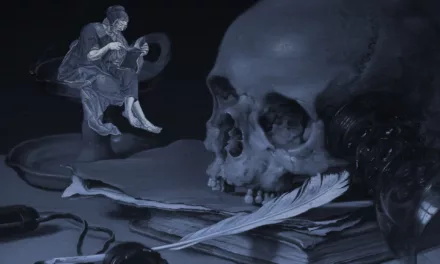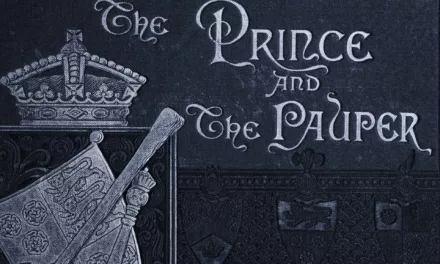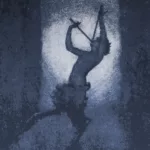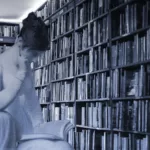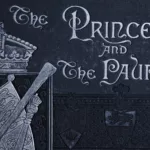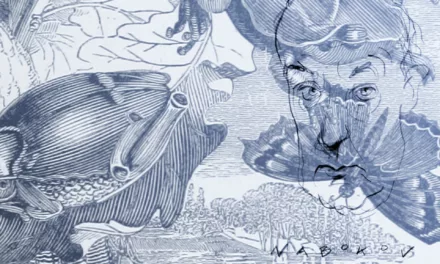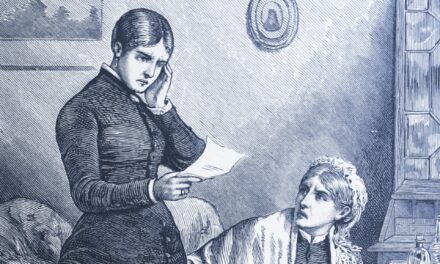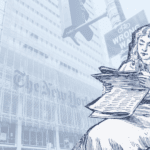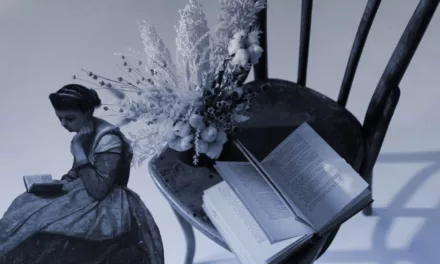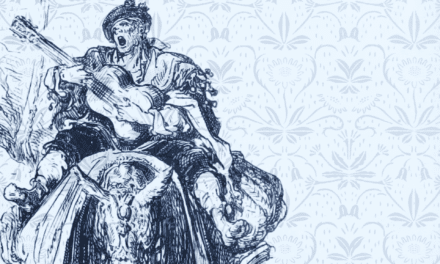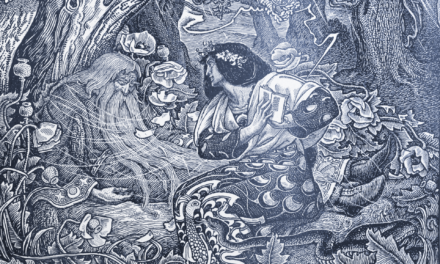
Writing Your Way Through the Dark
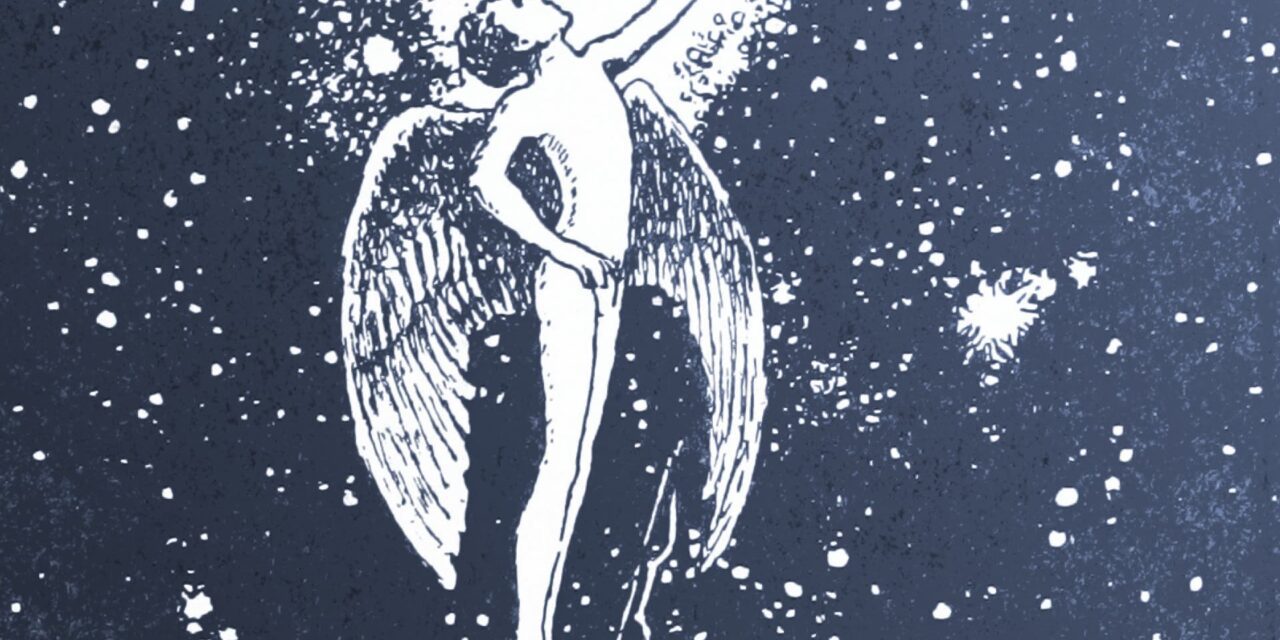
As artists, we are no strangers to darkness. Everyone, from psychologists to theologists to poets and journalists and concerned parents, has suspected a correlation between creativity and mental health episodes (sometimes called “the Sylvia Plath effect”). A number of studies have proven that writers in particular are more likely to suffer from neurological mood disorders — 80% of a group of tested writers, compared to 30% of non-writers(!).
What’s less clear is which comes first. Are people who manage mental health conditions like depression or bipolar disorder more likely to seek out creative outlets than others? Or is it the other way around — does the act of excavating the human psyche cause some sort of neurological trauma, even altering the structure of the mind? Researchers have been looking for answers since the time of Aristotle, but perhaps the truth is something we have always instinctively understood: to create is to step, however briefly, outside the fabric of reality and return slightly changed.
At times this darkness can become debilitatingly overwhelming, and there will be moments when all you want to do is curl up in bed with your childhood teddy bear and your Spiderman comics and cry and cry and cry. Go ahead and do that. But then, get back up and remind yourself of what you’re fighting for.
Here are some things that can make the road ahead a little easier.
Make friends with the blank page
When we’re struggling creatively, it’s easy to start looking at the blank page as an adversary. A merciless wasteland to traverse before you reach the holy grail on the other side. Perhaps it speaks to you with your own inner voice, telling you all the reasons why you’re not enough.
If this sounds familiar, you’re not giving the blank page enough credit. It’s on your side. It wants you to succeed. Do whatever you can to make it feel like a safe place where nothing else can touch you. You can try writing a summary of your story in crayon, or free drawing to break down your mental barriers, or writing encouraging notes to yourself in the margins. Remind yourself that you and the page are in this together.
Write letters
Some people swear by journaling as a means to navigate depression. I am not one of those people. When I journal, I end up going round in circles of my own negativity. What I’ve discovered does help, however, is speaking in a specific direction.
To purge negative emotions and get some words down on the page, try writing letters about your feelings and experiences. These can be to real living people, dead people, fictional people, or your past or future self. Ask for advice. Offer advice. Reflect on the world you know, and the world as you would like it to be.
You may find, during this process, that you stumble upon ideas for new stories or lines you want to build into a poem. You may also find yourself feeling a bit lighter and more ready to take on whatever the future will bring.
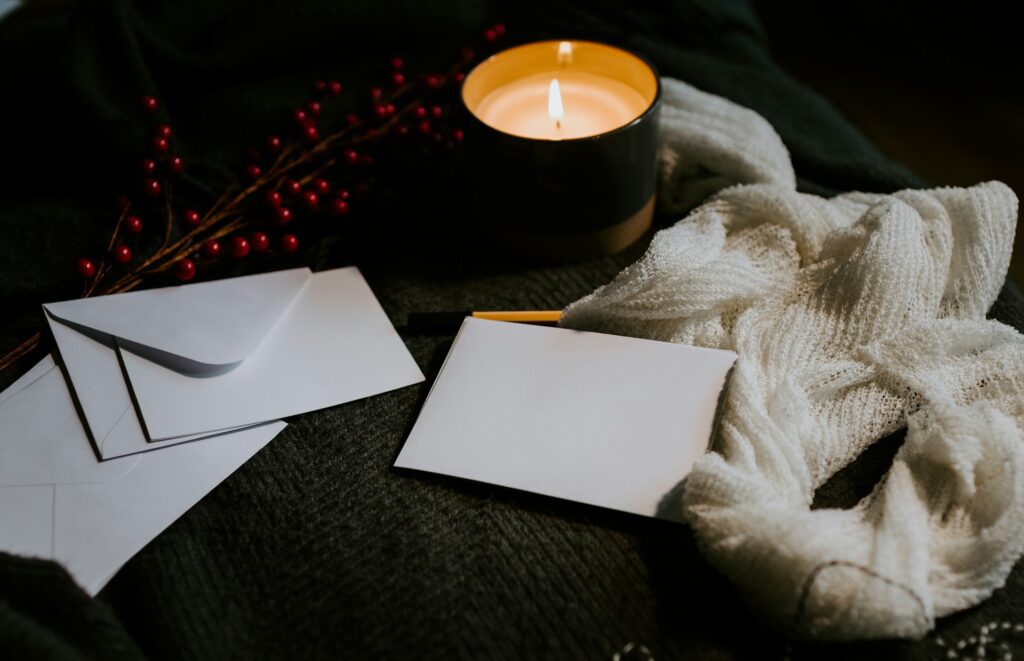
Grieve
Sometimes when we fall into depressive periods, it’s because we’re mourning a loss we may not even be consciously aware of. It could be an opportunity, a belief, or some part of ourselves.
Try examining what it is that you’ve lost, and then allow yourself to grieve for it properly. Light a candle and say goodbye to the path you didn’t take, or your twelve-year-old self who believed in true love, or the hope you held for a job that didn’t work out the way you planned. Then, allow yourself to move forward into a future without it.
Find your driving force
Why do you write? If you dig deep enough, the answer might surprise you. Think of something very specific that’s worth dragging yourself out of bed for.
“Because I want to publish a book” isn’t enough — it’s megalithic and intimidating and overwhelmingly broad. Instead: “Because I want to publish a book and throw it at my English teacher who said I should give up and become a mechanic”. Or, “Because I want to prove to my dismissive father that writing is a ‘real job’”. Or, “Because I want to go shopping with Lily James and to do that I first need her to star in the Netflix adaptation of my novel.”
This is one instance in which being mindlessly petty is an advantage. Find that one inflammatory thing that matters enough to take another step forward.
Fill up on daylight
A stubborn stereotype would have you believe that a writer’s life is one of candlelit garret rooms, of scribbling until three or four in the morning and then collapsing into a heap of altruistic exhaustion, followed by a late breakfast of whisky and sausage rolls somewhere around five pm.
Is there some truth to this timeless aesthetic? Maybe. Writers aren’t known to be creatures of sunlit afternoons — which is why it’s so important to ensure we get some solar vitamin D in our systems to keep us functioning at our best. If your skin is developing a certain Edward Cullenishness tone and you can’t remember the last time you saw daylight, take a walk in the wide open world.
Write badly
There is something so beautifully freeing about terrible writing. I once wrote an article about how to write exposition, including a few hilarious examples of what not to do, and it remains my proudest literary achievement to date.
To help remove any mental blocks that are preventing you from telling your story, give yourself permission to write a story that’s absolutely awful. Write on-the-nose exposition, cast Mary Sues as your leading players, open with an alarm clock, close with “it was all a dream”, write prose that is fluorescent purple, break every rule you can in the most overenthusiastic possible way. Trust me: it will make you feel a lot better.
Get your body moving
Finally: despite the impressive mental acrobatics that we undergo in pursuit of a good story, creative writing doesn’t offer a lot to our physical bodies. Look for ways to get some exercise, even if it’s just dancing to Pat Benatar or going for a walk in the park (see “daylight”, above).
Walking the path of the storyteller is an incredibly courageous undertaking. Remind yourself of how brave you are to be here, and remember that you aren’t alone. Follow the well-worn creating path of writing your way through the dark.

